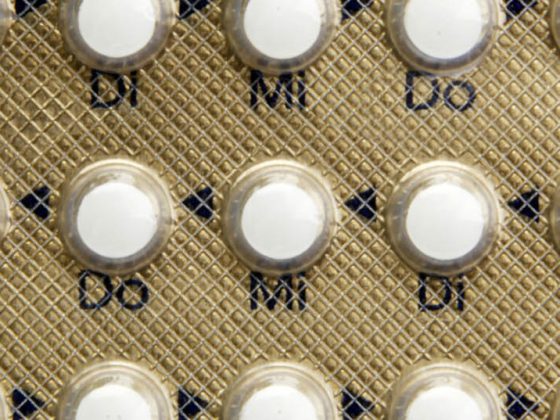The skin of our hands and feet is constantly stressed. Hands are washed umpteen times a day, and wet work with various cleaning products, household chores and gardening take their toll. What helps with initial findings such as rough, scaly, cracked skin, we asked an expert on dry skin, Prof. Dr. med. Dagmar Simon from Bern.
Prof. Simon, is there the perfect care for very dry skin?
Prof. Simon:
I would say yes. There are very good skin care products. We are certainly “over-cleaned.” For the body, the rule is to shower or bathe once a day to and pay attention to re-fatting and skin pH-adjusted products. Conventional bath foams and shower gels are drying, a pH value of 5.5 is highly recommended. In some care series, the term pH is already in the name. It’s certainly something to recommend.
It does not have to be the expensive care lines from the pharmacy?
No. There are even some studies investigating OTC products against proven emollients or replenishing creams. The results for refatting and hydration are comparable. The most important thing is that you do it at all.
This seems to be a major problem: We tend to be lazy and non-compliant in skin care as well….
Of course, it is helpful that there is a very wide range of products, in which there is something for everyone. The texture, fragrance and properties during application can be selected individually. Skin care should not be perceived as a punishment. I absolutely let the patients have a say in the selection of care products, while I make a concrete suggestion to them about the therapy. We offer education sessions for our patients to learn more about skin care and try products. The demands are very different.
What practical recommendations do you give when someone is prone to hand eczema?
We have just published an article on this in the Swiss Medical Forum [1]. It would be important for all people to protect and care for their hands. And not only during work, but also during hobbies and in the household. Maintaining and restoring the skin barrier is the overriding principle here. There are creams, skin protection foams and protective gloves in all possible variations.
At this point I would like to urgently point out the feet! We use them for over twelve hours a day, and yet they are always forgotten.
Are there special sun creams for the backs of the hands that don’t come off right away every time you wash your hands? Or a hand wash lotion that contains sun protection factors?
I wouldn’t know anything about that. There are “waterproof” sunscreens, but as soon as you wash your skin with soap and dry it off, they wash off. But there are hand creams with sunscreen.
Tips are also available on 2haende.ch for vocational students. What is often done wrong despite education?
Education should be started early, i.e. in school and apprenticeship. A study from Scandinavia has shown that students who do vacation work and develop hand eczema have a great risk of developing hand eczema again later in life [2]. Knowledge about skin protection is taught at vocational schools, and thus doctors or even SUVA have only an indirect influence. Actions like “2 hands” are very good. Gloves are accepted e.g. by cleaning companies, whereas hairdressers still need to be convinced to use gloves more often, e.g. when washing their hair. The question is: How do occupational physicians and dermatologists approach at-risk occupational groups at an early stage?
Do you have any special “skin soothing substances” that you use when your skin does become red or shows signs of irritation?
If my skin on the hands is irritated, I use a skin care cream, and only in cases of severe irritation I use a cortisone preparation for a short time. The most important thing is the care after each wash. Applying skin care products thicker in the evening and leaving them on overnight protected by cotton gloves is helpful. This also applies to the feet: it may be quiet 10% urea in it, 20% for cracked heels, socks over it and go to sleep.
Dry skin in old age often leads to itching. Why so often? What is the best thing to do?
In old age, the skin tends to be dry due to aging. Older people also wash frequently, but rarely cream themselves regularly. Medications are considered an important cause of skin dryness, for example, antihypertensives and lipid-lowering drugs. We sometimes see extreme conditions of dehydrated skin that can be remedied with 14 days of intensive skin care. If this is not successful, internal diseases and malignancies should be considered as the cause of the itching.
Interview: Susanne Schelosky, M.D.
Literature:
- Ballmer-Weber B, et al: Hand eczema: practical approach to diagnosis and treatment. Schweiz Med Forum 2013; 13(23): 453-458.
- Mälkönen T, et al: Longterm follow-up study of occupational hand eczema. Br J Dermatol 2010; 163: 999-1006.











